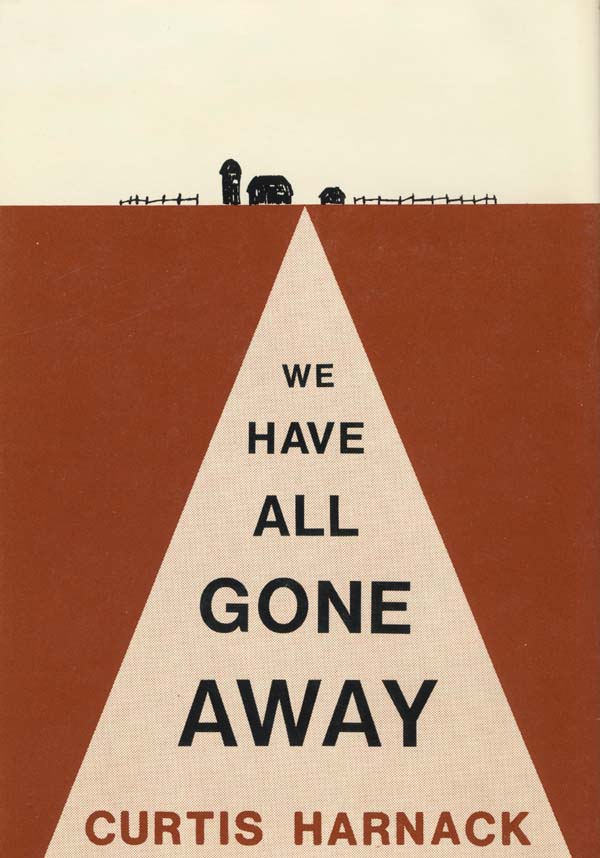Somewhere back in this blog's archives, I'm quite sure I told a story about my grandson, who was a kindergartner in 2008, a little towhead kid who climbed up into my lap as I was sitting in front of the computer in our basement and announced, smilingly, that Obama was a baby killer.
He had no idea what a pregnancy was, may have heard the word abortion but couldn't have begun to understand it, and knew little if anything about the profound antagonism between those who favor legal abortion and those who don't in this country. He was parroting what he'd heard somewhere--I doubt at home.
I'm not even sure he knew who Obama was. What he was willing to impart was that whoever Obama was, he killed babies.
Far more often than not, a Christian community is a vital blessing, your sweet kids surrounded by people who pray. Sometimes it's not.
The idea that Obama is, in fact, a baby killer is an understandable conclusion in a world in which, politically at least, legalized abortion trumps (can we still use that word?) most other crimes and misdemeanors. The attitude that Obama is or was abortion's champion is understandable too; he didn't oppose abortion as vehemently as John McCain claimed to--or certainly the former governor of Alaska did. The wisdom my five-year-old grandson imparted was a perfect shot-from-the-hip soundbite that would go well on a t-shirt.
Yesterday, Donald Trump misspoke, something he does regularly even though he doesn't believe it himself. Yesterday he misspoke and he knew it. Yesterday he told Chris Matthews that a woman who seeks an abortion needs to be punished. He didn't specify sentencing, but he said he believed that if abortion was going to be made illegal, then women who seek it must suffer the consequences of breaking the law.
The rest of the world went crazy. His Republican opponents repudiated him even more quickly than did Sens. Sanders and Clinton. Even pro-life groups rose up in outrage. Punish the women?--how unthinkable!
I agree. I also understand how pro-life advocates would punish the doctor or whatever medical professionals provide the abortion procedure. Technically, their fingers do the killing.
But Trump's apparent miscue stopped me because I'm not sure why so many would be so quick to call Obama (or Clinton or Sanders or Democrats in general) "baby killers," while assuming women who want and will the procedures, even pay for them, are most certainly not.
The only possible reason can be that women who want to abort their babies are victims of some calamity or condition. If it isn't a failed marriage, it must be their hormones. When women discover they're pregnant, they're fragile and somehow not responsible for their decisions, their complicity in illegality--is that how the argument goes? If abortion is murder, are moms simply declared innocent across the board?
Many years ago I got a call from an old friend, someone who was raised Jewish but converted to Christianity when I knew him--and when an affair with a colleague led to his divorce--and hers. It's complicated and messy, but life is. His new wife was pregnant and had significant medical problems; the two of them were still burning bridges behind them--it wasn't pretty. Her pregnancy wasn't intended, and he was scared, he said.
Honestly, I think he called me because he wanted me to tell him what he already knew I would say--that even though there were loads of reasons for them to abort, they shouldn't. He knew me well enough to know what'd I'd say, and I did.
And they didn't.
Today he's a Dean at a Catholic university, and the two of them are happily married, their kids adults and very much on their own.
But when my old still-Jewish-but-now-Christian friend laid out the case as he did that night on the phone, I walked for just a moment in his shoes, in his tracks, in theirs; and for maybe the first time in my life, I told myself that, well, it's complicated.
Because often enough it is.














